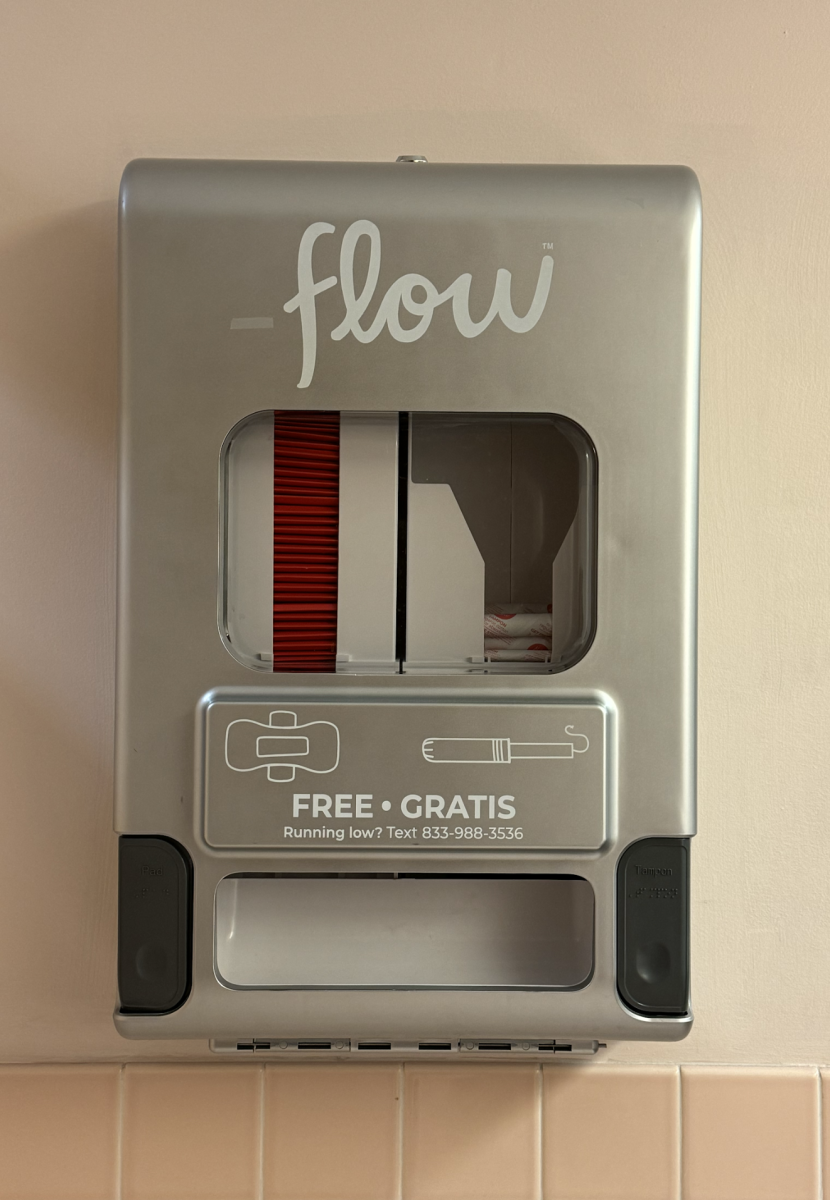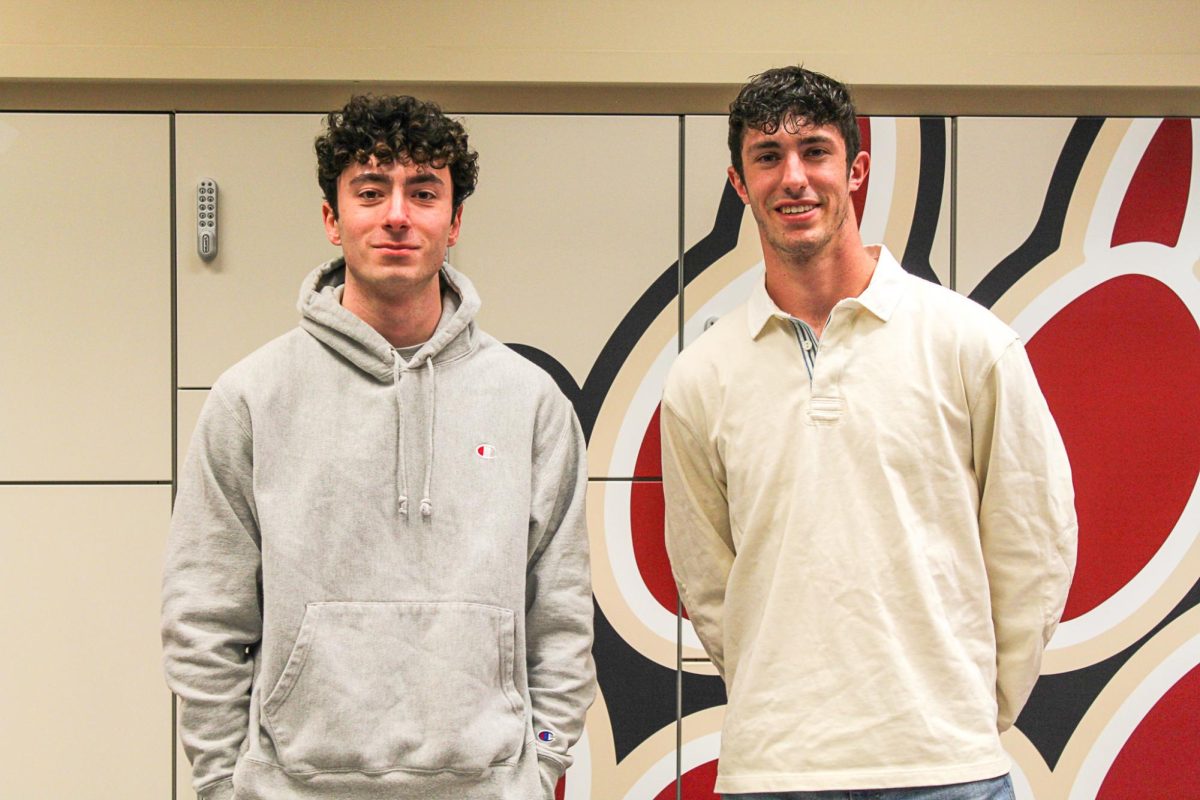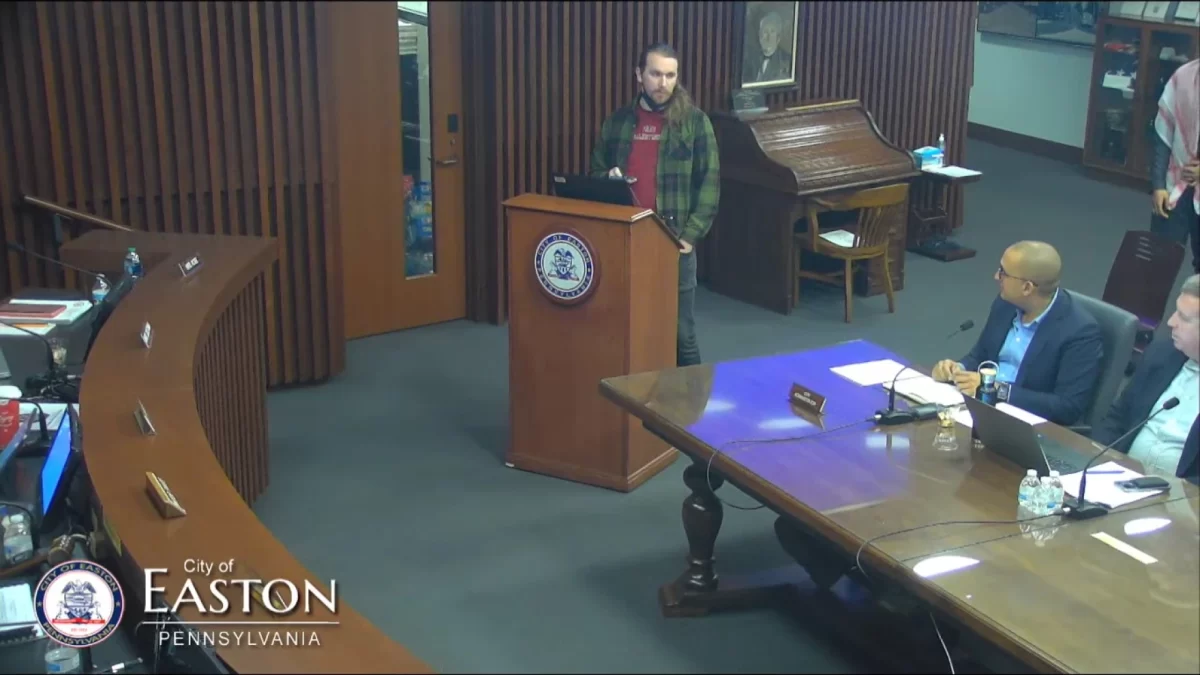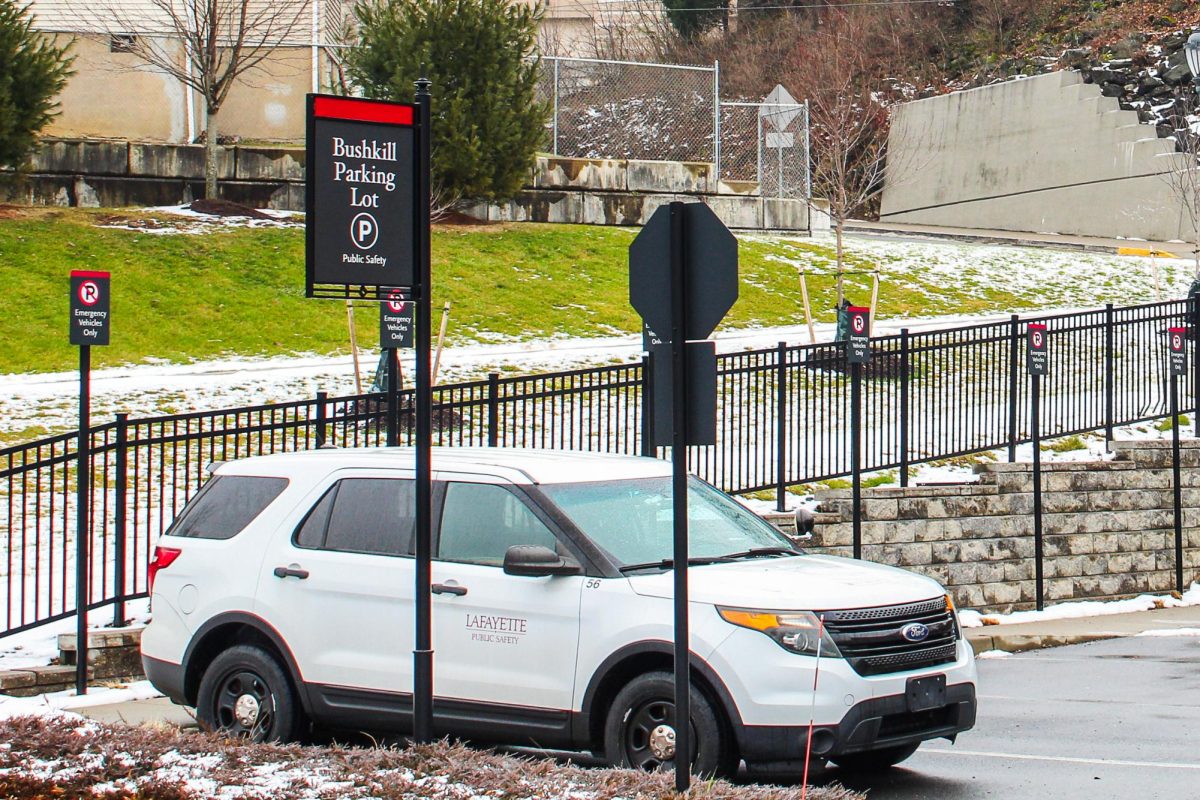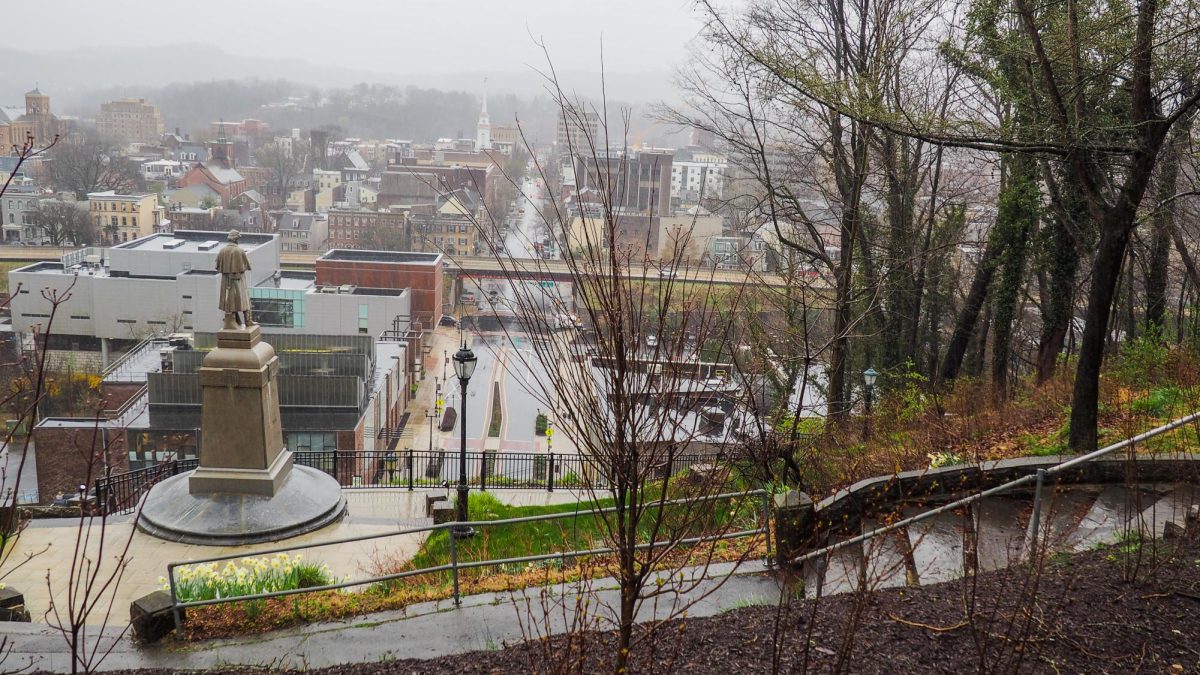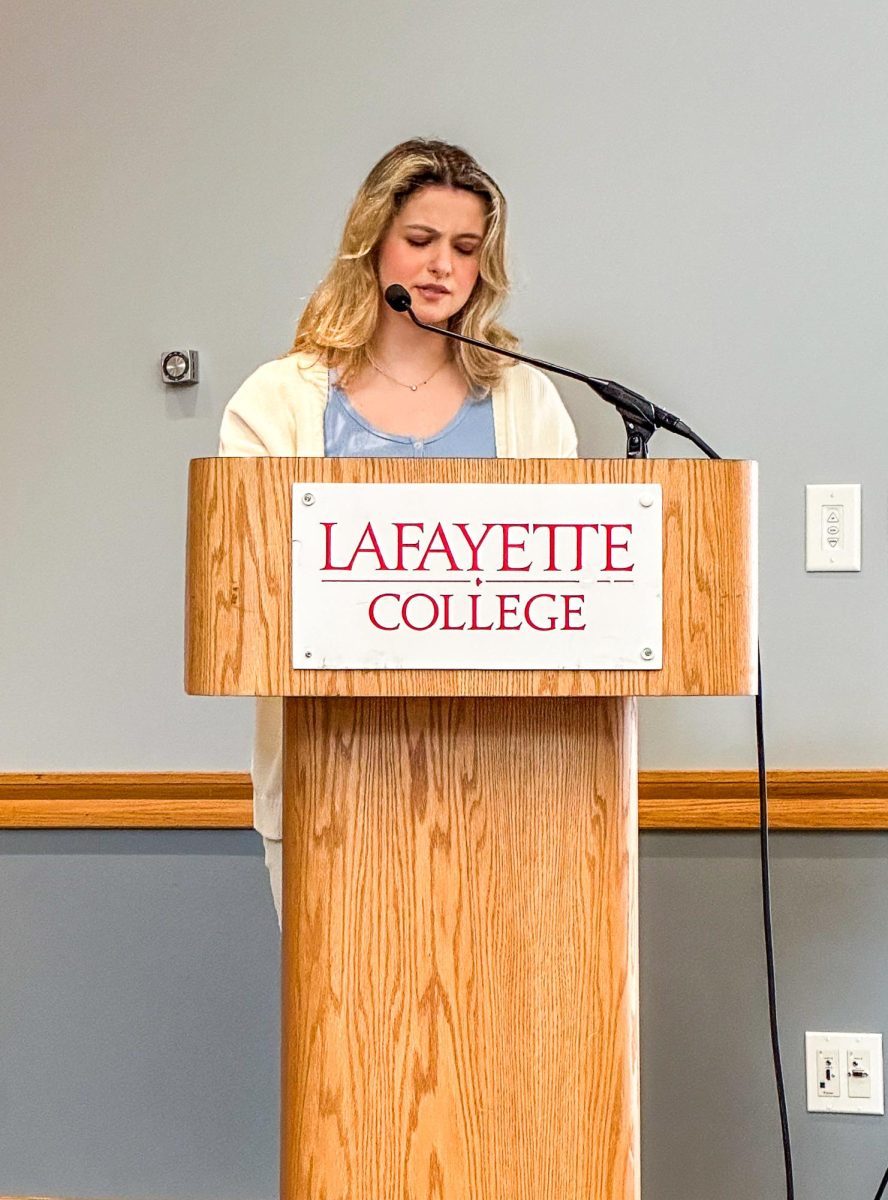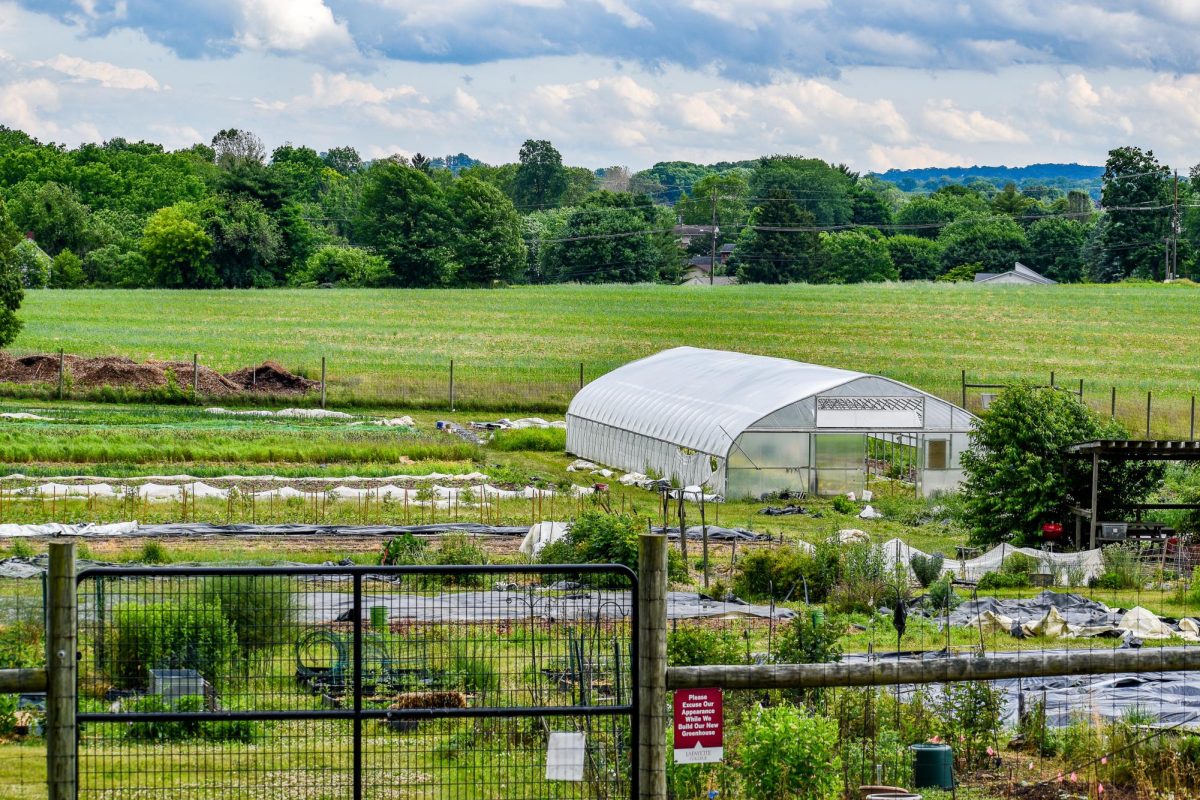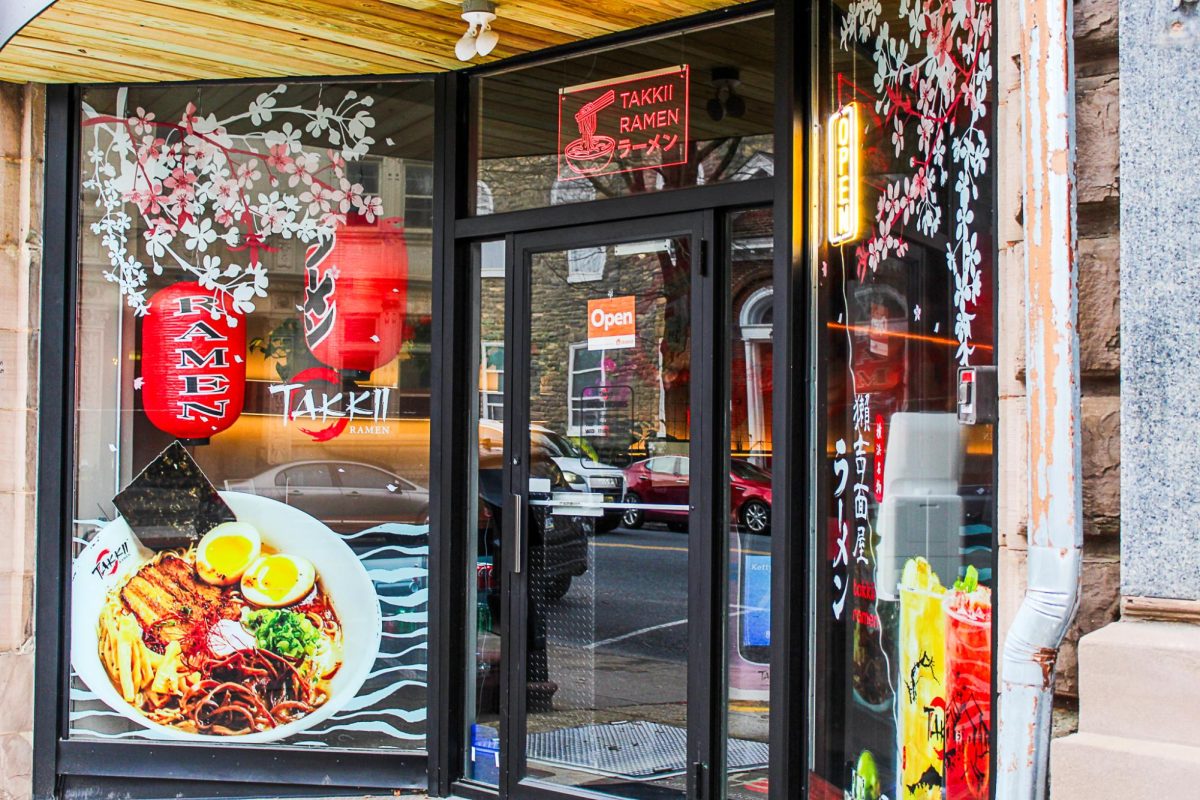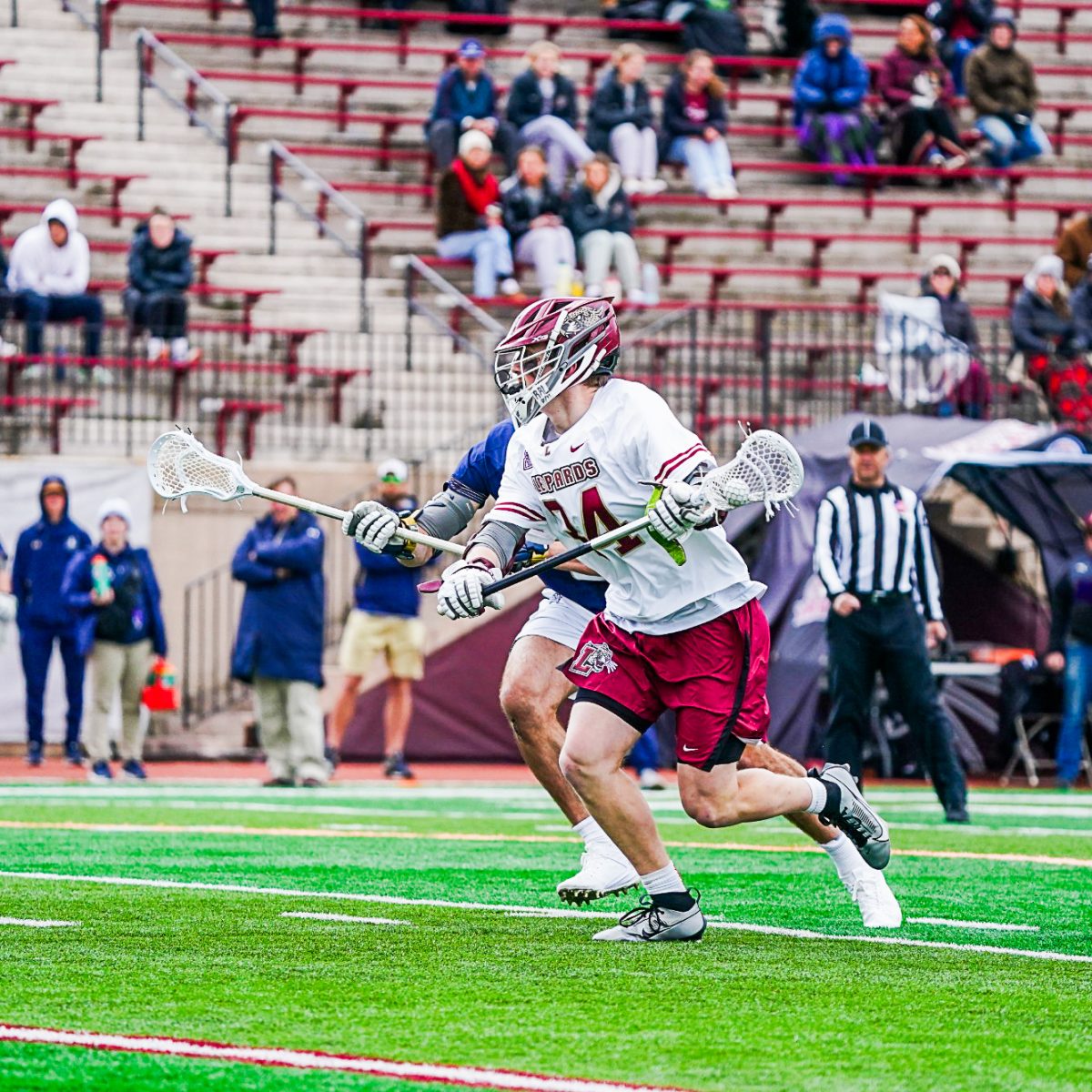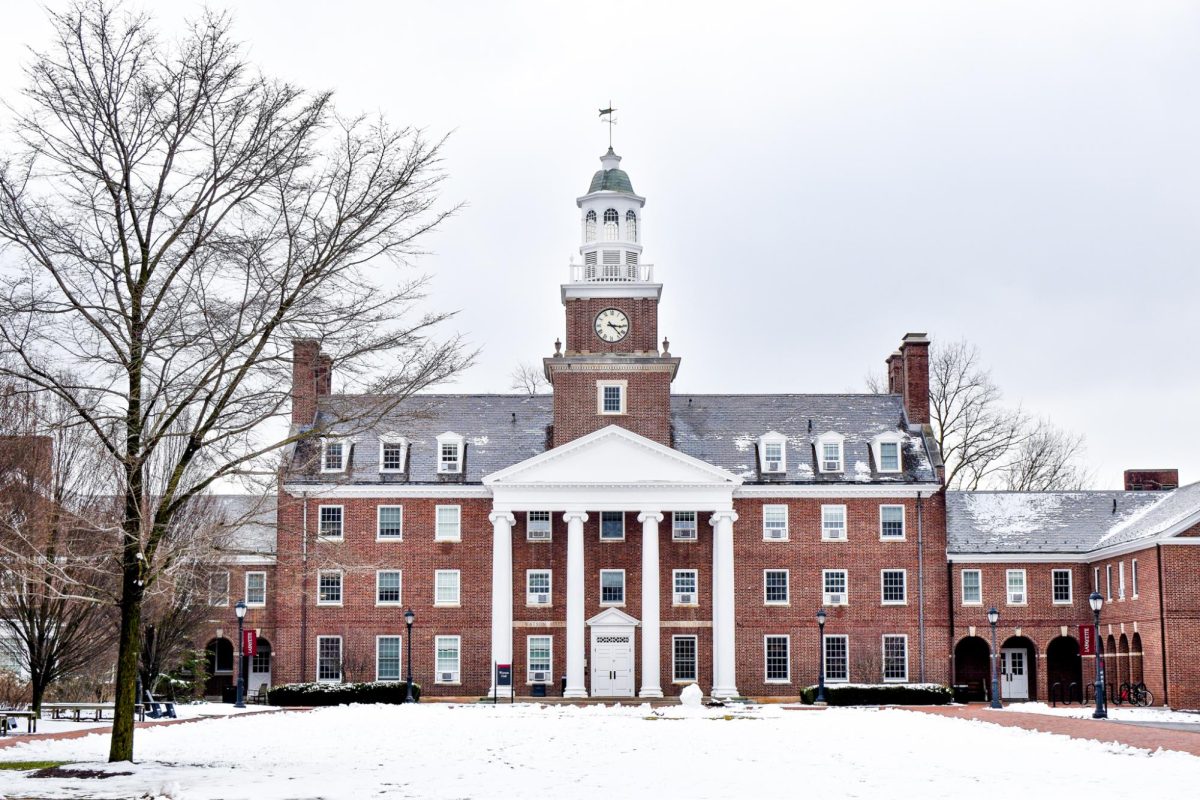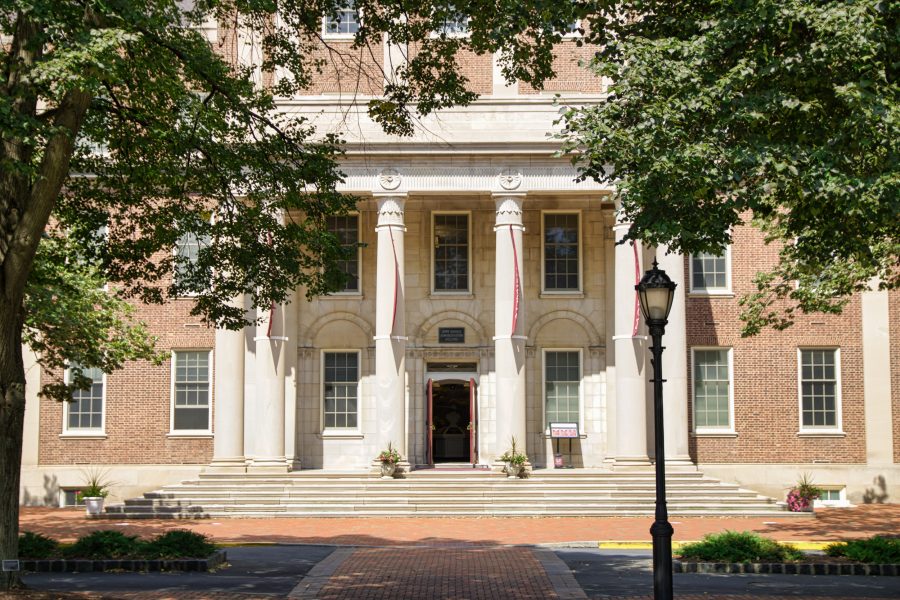The College lost nearly 40 million dollars in revenue because of the COVID-19 pandemic. Despite this and pay cuts implemented within the past year, the financial situation of the College remains secure as Lafayette rebounds.
According to Vice President for Finance and Administration Roger Demareski, the College’s endowment mirrored the success of the markets and continues to grow after surpassing one billion dollars this February. The College, meanwhile, managed to balance its budget.
“I’m pleased that we’ve rebounded in a very positive way financially,” Demareski said.
A key issue in regard to lost revenue was enrollment, Demareski explained. In light of uncertainty over the pandemic, about 50 students from the class of 2024 opted to defer their enrollment one year, meaning the total enrollment at the College has not grown despite this year’s comparatively larger freshmen class.
Like other schools across the country, this drop in enrollment reduced Lafayette’s revenue due to lost income from student tuition. Demareski noted the College had to make tough decisions to account for this loss in funds, chief among them the decision to forgo pay raises for the faculty and staff at the College, a measure which ended April 1.
“We didn’t make that decision lightly,” Demareski said. “I can’t stress enough how much we appreciate the sacrifices that faculty and staff made. One of our goals in the coming years is to try to get to a place to start restoring salary increases. We hope to start doing that next year.”
Lafayette took several other measures because of the economic situation. It reduced its capital budget, or the funds often used for infrastructure projects, by about 10%. Demareski added, however, that “significant infrastructure or major repairs” will still be completed.
Each of the four academic divisions at the College – humanities, social sciences, natural sciences, and engineering – also had about a 2% cut in non-compensation related expenses. The lost funds would typically be used for travel to conferences or entertainment. Overtime pay was also lowered, a move that Demareski said primarily affected employees in facilities and public safety. These pay cuts have yet to be fully restored.
“Lafayette is all about community. We’re our own family and I think when the community has a challenge everyone stepped up and said, ‘well, we’ll do what we can,’” Demareski said.
Several rounds of federal relief funding provided by the Higher Education Emergency Relief Act bolstered the College’s economic recovery. As part of the CARES Act that the U.S. Congress passed to help individuals and institutions respond to the pandemic, the Higher Education Emergency Relief Fund provided Lafayette with around five million dollars, Demareski said. Approximately half of these funds were given to students who were facing urgent financial needs related to the COVID-19 pandemic, while the other half was used as institutional aid, according to the Financial Aid Office’s website.
Federal support and budget cuts enabled Lafayette to reach solid economic ground after the instability of the pandemic. To that end, Demareski noted that the College completed phase one of the renovations to the Portlock Cultural Center and added handicapped parking behind the William Center for the Arts without budget restrictions. Going forward, he expects the planned renovations to the Acopian engineering building, the construction of a new parking deck behind Markle Hall and the revitalization of the Rinek Rope factory to run just as smoothly.
Demareski anticipated that the amount of funds the College dedicates to COVID-19 related measures this year will be less in comparison to the past since most of the college community is vaccinated. However, considering the rising cases on campus and the necessity of providing tests for students, the College remains capable of meeting those needs and providing funds.
“I’m not overly concerned that we wouldn’t be able to cover [COVID-19 related costs]. Whatever happens, it just means, like most things in life, you have to make other choices. And that’s what we do within our budget,” Demareski said.


